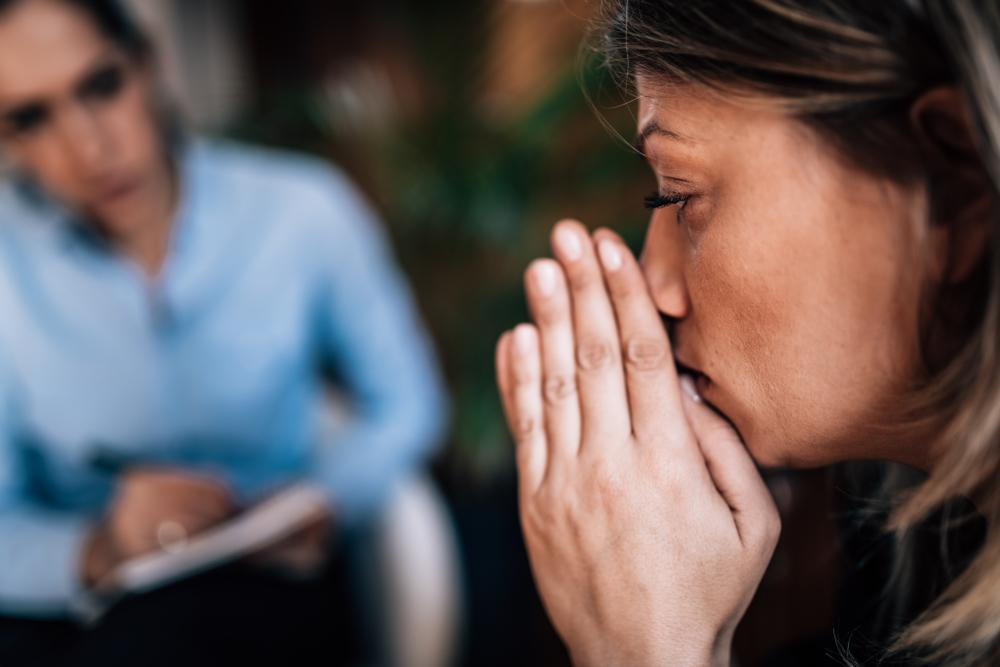
Panic attacks can be crippling, leaving individuals feeling trapped inside their fear and anxiety. If you've ever experienced the sudden onset of intense fear accompanied by physical symptoms like a racing heart, shortness of breath, and trembling, you know how overwhelming it can be. The good news is that there is an effective therapeutic approach that offers relief – Cognitive Behavioral Therapy (CBT). This evidence-based treatment empowers individuals to understand and manage their panic attacks by addressing the root causes of anxiety.
Understanding the Cognitive Model
CBT for panic attacks operates on the cognitive model, which posits that our thoughts, feelings, and behaviors are interconnected. When it comes to panic attacks, negative thought patterns can trigger a cascade of physical and emotional reactions. CBT helps individuals identify and challenge these automatic negative thoughts, replacing them with more realistic and balanced ones. By understanding the link between thoughts and panic attacks, individuals can regain control over their minds and break free from the cycle of anxiety.
Unraveling Catastrophic Thinking
One hallmark of panic attacks is catastrophic thinking, where individuals envision the worst-case scenarios in response to stressors. CBT aims to unravel these catastrophic thoughts by teaching individuals to examine the evidence supporting or refuting their fears. Through a process called cognitive restructuring, individuals learn to reframe their thoughts and develop a more rational perspective. By addressing the root of catastrophic thinking, CBT equips individuals with the tools needed to disarm the power of irrational thoughts and prevent panic attacks from taking hold.
Developing Coping Strategies
In the midst of a panic attack, it's challenging to think clearly, let alone implement effective coping strategies. CBT equips individuals with a toolkit of practical coping mechanisms tailored to their unique triggers and symptoms. From deep breathing exercises and progressive muscle relaxation to mindfulness techniques, these strategies empower individuals to regain control over their physiological responses and prevent panic attacks from escalating. By practicing these coping mechanisms regularly, individuals build resilience and reduce the likelihood of panic attacks dictating their lives.
Gradual Exposure to Triggers
Avoidance is a common coping mechanism for those experiencing panic attacks, but it only serves to reinforce fear. CBT employs a systematic and gradual exposure approach, helping individuals face their fears in a controlled manner. Through exposure therapy, individuals confront their triggers in a step-by-step fashion, desensitizing their emotional response and building confidence in their ability to cope. This structured approach enables individuals to reclaim their lives by gradually confronting and overcoming the situations that once fueled their panic attacks.
Sustaining Long-Term Results
CBT for panic attacks is not just about managing symptoms in the short term; it's about creating lasting change. By providing individuals with the skills to identify and challenge negative thought patterns, develop effective coping strategies, and face their fears, CBT lays the foundation for sustained recovery. The goal is not just to survive panic attacks but to thrive in a life free from the chains of anxiety. With commitment and practice, individuals can embrace a future where panic attacks are no longer the driving force, allowing them to live fully and authentically.
